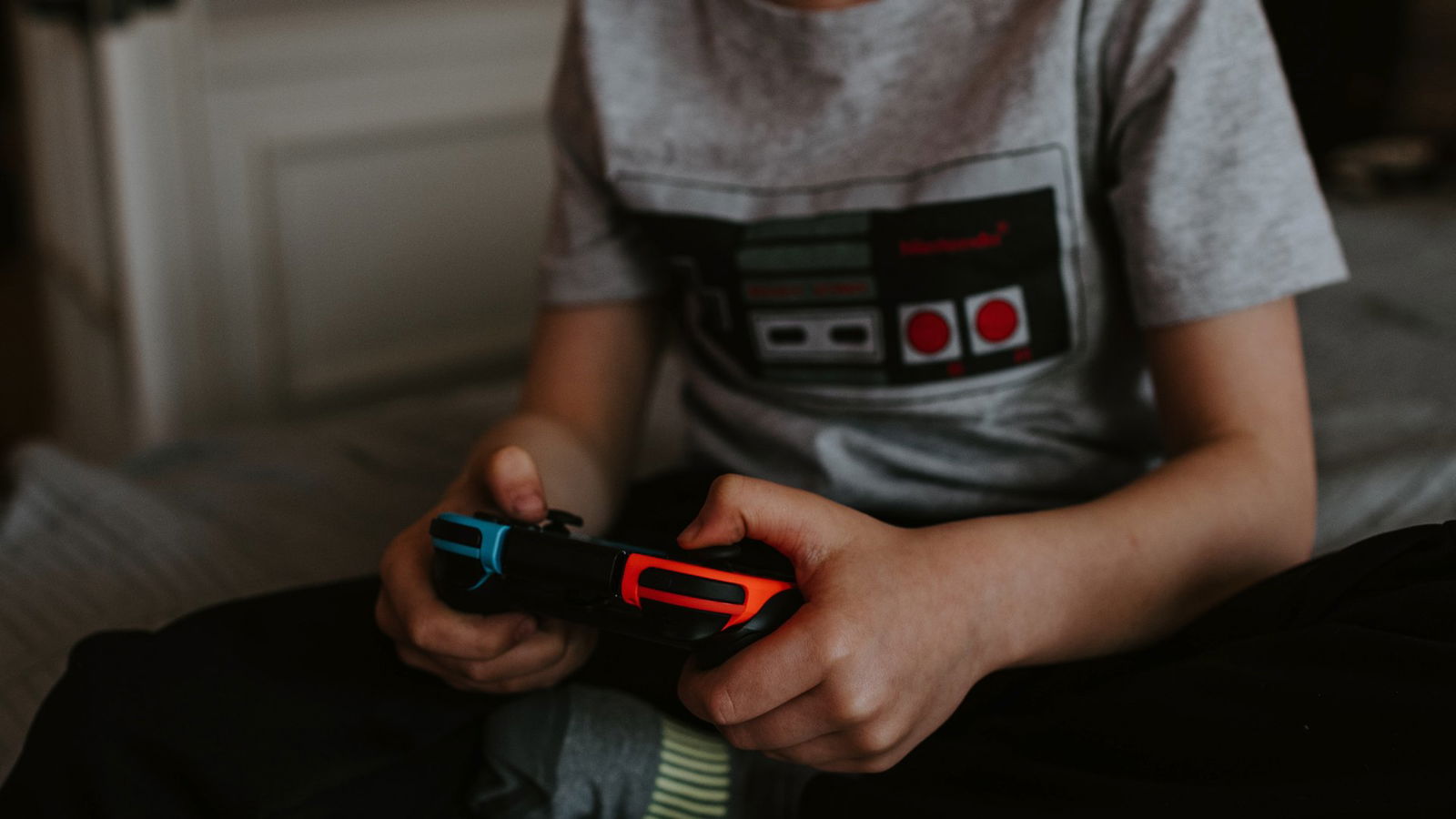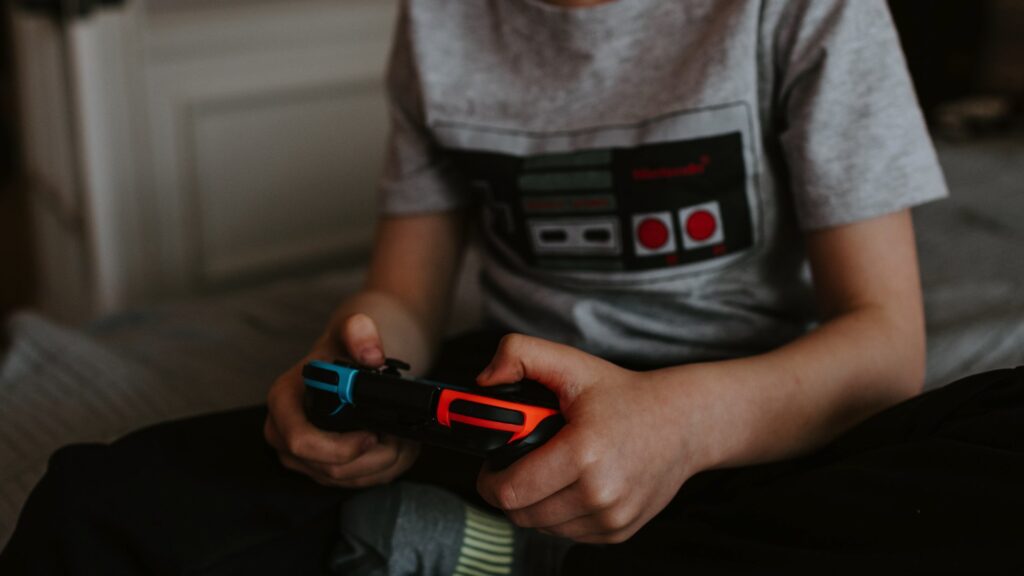Publication date: April 22, 2024

Study finds that teenage video game addiction may be linked to risk of psychosis
Producer: Movie Guide® Contributor
Many parents are concerned about how computers, video games, and smartphones affect their teens' mental health.
Young people who play games and spend time on social media are more likely to suffer from psychotic episodes later in life, according to a paper published in JAMA Psychiatry.
Researchers at McGill University wrote in a paper that “the increasing and decreasing ('curvilinear') trajectories of increasing sophistication of video gaming and computer use during adolescence are associated with higher levels of psychotic experiences at age 23. It was related.” The study analyzed data from 1,226 participants born between 1997 and 1998. Participants reported their weekly amounts of television viewing, video games, computer use, and reading at ages 12, 13, 15, and 17.
“Five to seven percent of adults experience psychosis at some point, with the first experience often occurring during the teenage years. Psychotic experiences or episodes include hallucinations, delusions, disorganized thinking, “It often includes paranoid and depressed mood,” Newsweek reported.
“Participants were asked, “Do you ever feel like people are making innuendos or double meanings about you?'' and “The thoughts in your head are not your own.'' Questions such as “Have you ever heard voices when you were alone?'' asked questions such as “Have you ever heard voices when you were alone?'' “This is to determine whether there was a time when this happened,” the news agency added.
Researchers analyzed the responses and found that playing video games during adolescence was associated with a 3 to 7 percent increase in psychotic experiences.
However, the researchers believe that technology itself is not the only factor, with adaptation to mental health and interpersonal difficulties reducing the association with video games at age 12, but with regard to computer use. says that this was not the case.
“Increased media use and mental health problems appear to share common risk factors, including parental mental health problems, loneliness, bullying, and parent-child relationship problems,” the research team said. says.
“Understanding the environmental determinants and psychosocial functions of media use in adolescence may help better integrate digital technologies in disease prevention and control.” [psychotic experiences],” they wrote.
Parents should not lose hope, as there are steps you can take to protect your children from the risks of social media and gaming.
Movieguide previously reported on smartphones and the Gen Z mental health crisis:
Social psychologist Jonathan Haidt, author of The Anxious Generation: How the Great Rewiring of Childhood Is Epidemic an Mental Illness, says social media and smartphones are causing a mental health crisis among teens. believe…
So how can parents protect their children and teens from the pitfalls of social media? Haidt offers guidelines in an essay for the Guardian, saying:
- Smartphones are prohibited until the 10th year
Parents should delay giving their children 24-hour internet access by giving them only a basic cell phone with limited apps and no internet browser until they are 14 years old. is needed. - Don't use social media before the age of 16
Let our children overcome the most vulnerable period of their brain development before they are exposed to an avalanche of social comparisons and associations with algorithmically selected influencers. - School that doesn't require a phone
Schools must insist that students keep their mobile phones, smartwatches and other devices in phone lockers during lessons, according to new non-statutory guidelines issued by the UK government. That is the only way to free up students' attention to each other and the teacher. - Significant increases in unsupervised play and independence in early childhood
This allows children to naturally develop social skills, overcome anxiety, and become independent young adults.
Now more than ever, we are exposed to the dark side of media, film, and television. Movieguide® has been fighting back to promote uplifting, positive content within Hollywood for nearly 40 years. We are proud to have worked with some of the top players in the industry to influence and redeem Yes entertainment. Still, you are the most influential person in Hollywood. The person who sees it.
There is power in what you hear, see, and read. Movieguide® wants to provide resources to empower the good and the beautiful. But we can't do it alone. We need your support.
You can make a difference for just $7. It only takes a moment. If you are able, please consider supporting our ministry with a monthly gift. thank you.
Movieguide® is a 501c3 and all donations are tax deductible.

Now more than ever, we are exposed to the dark side of media, film, and television. Movieguide® has been fighting back to promote uplifting, positive content within Hollywood for nearly 40 years. We are proud to have worked with some of the top players in the industry to influence and redeem Yes entertainment. Still, you are the most influential person in Hollywood. The person who sees it.
There is power in what you hear, see, and read. Movieguide® wants to provide resources to empower the good and the beautiful. But we can't do it alone. We need your support.
You can make a difference for just $7. It only takes a moment. If you are able, please consider supporting our ministry with a monthly gift. thank you.
Movieguide® is a 501c3 and all donations are tax deductible.





